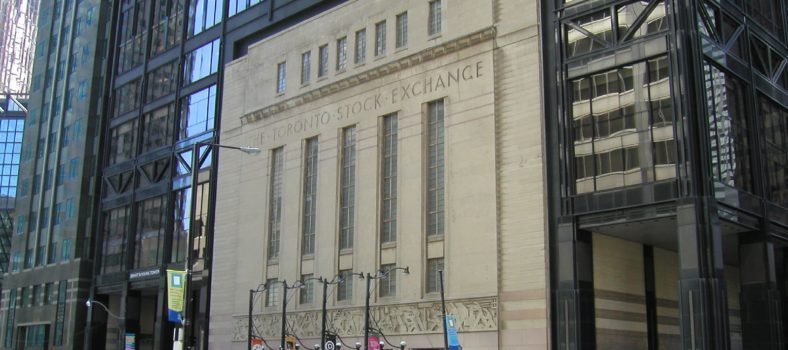PALO ALTO, CA–VMware has made commercially available the VMware Blockchain product. Businesses are provided an extensible and scalable enterprise-grade platform to unlock data silos and free up data so it can flow securely, privately and instantaneously.
Here are the needs that VMware Blockchain meets. Businesses run on data and workflows where shared sources of truth can create unrealized value, however, complexities exist. Data is often siloed within enterprise boundaries, resulting in inefficient and costly steps to share and reconcile data across these boundaries. A trusted multi-party network is required in order to preserve integrity, enable privacy and to provide enterprise-grade resilience to a global ecosystem.
“We have been focused on building an enterprise-grade blockchain platform that meets the most stringent application requirements of the financial services industry and other mission-critical distributed workloads that require reliable and high-performance blockchain services,” said Brendon Howe, vice president and general manager, blockchain, VMware. “VMware Blockchain delivers to customers the enterprise features they need for production today and the flexibility to adapt to future needs in the rapidly evolving blockchain space.”
As enterprises rely on blockchain to handle multi-party transactions, a key factor in how well a blockchain platform performs and scales is the choice of the consensus mechanism deployed. VMware Blockchain’s Scalable Byzantine Fault Tolerance (SBFT), an enterprise-grade consensus engine developed internally by VMware Research, is designed to solve the problems of scale and performance in blockchain solutions while preserving fault-tolerance and defense against malicious attacks. SBFT maintains decentralized trust and supports ongoing governance in multi-party networks.
As the enterprise-grade platform for multi-party processes, VMware Blockchain brings a unique advantage of a layered architecture that decouples the ledger from the smart contract language. VMware Blockchain supports DAML, an open source smart contract language created by VMware Blockchain technology partner, Digital Asset. VMware Blockchain’s platform architecture includes a virtual smart contract execution engine that is designed to easily extend the platform to support additional smart contract languages.
A wave of building new critical infrastructure is underway for applications in financial services, manufacturing-and retail-driven supply chain and healthcare industries that leverage blockchain technologies to help address the pain points experienced with disconnected, siloed systems.
For financial services firms, blockchain technologies radically streamline and simplify operations. This allows banks, broker-dealers, payment processors and other financial institutions to dramatically shorten processing times, reduce manual processing and duplicative messaging and while creating new profit centres with features such as simultaneous trade clearing and settlement. VMware Blockchain is leading the way for financial services customers with partners including Accenture and Digital Asset.
“By unlocking the real potential of data in our digital world, multiparty systems, supported by blockchain, are reshaping industries [like financial services, from payments to post-trade processing] and transforming the way companies work together,” said David Treat, senior managing director, global blockchain and multiparty systems lead, Accenture. “Leveraging the powerful technologies from VMware and Digital Asset, combined with Accenture’s deep industry expertise, we’re providing these capabilities so clients can expand into new products and services while also streamlining operations as they develop, manage and deploy complex multiparty workflows.”
“Our co-innovation with VMware on blockchain provides a new way of doing business that can benefit a number of industries,” said Yuval Rooz, co-founder and CEO of Digital Asset. “VMware Blockchain integrated with DAML smart contracts from Digital Asset provides privacy between participants in the same workflow. Now even competitors can collaborate on a distributed ledger with both trust and privacy.”




